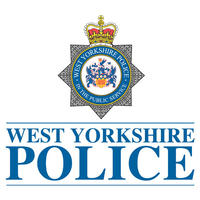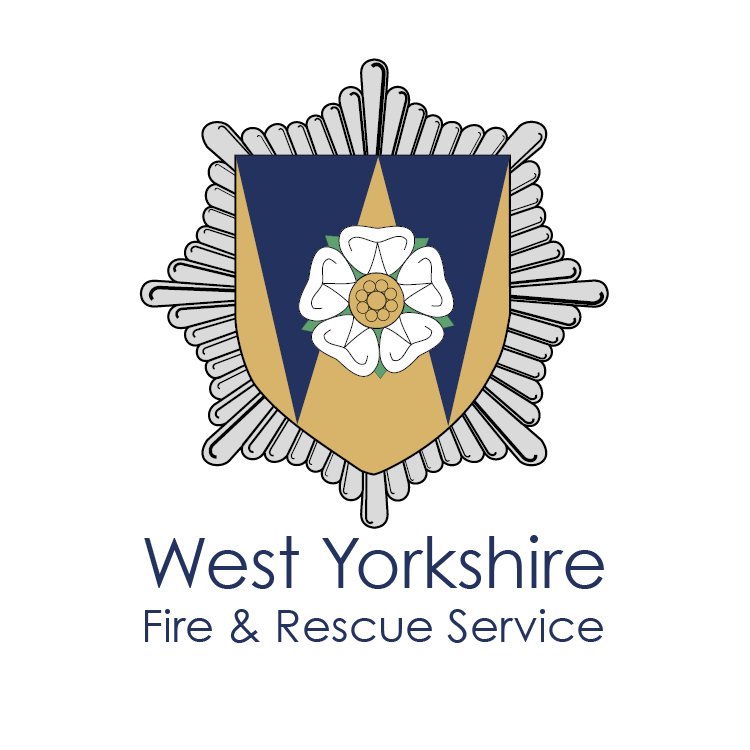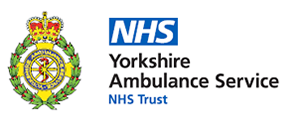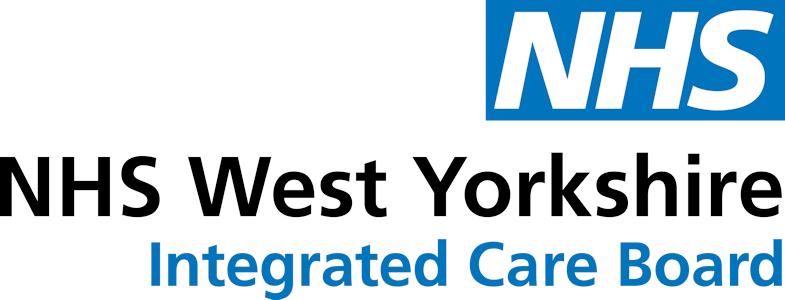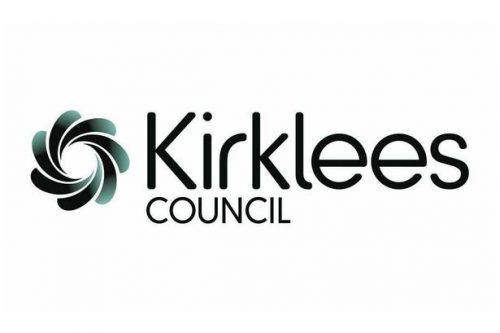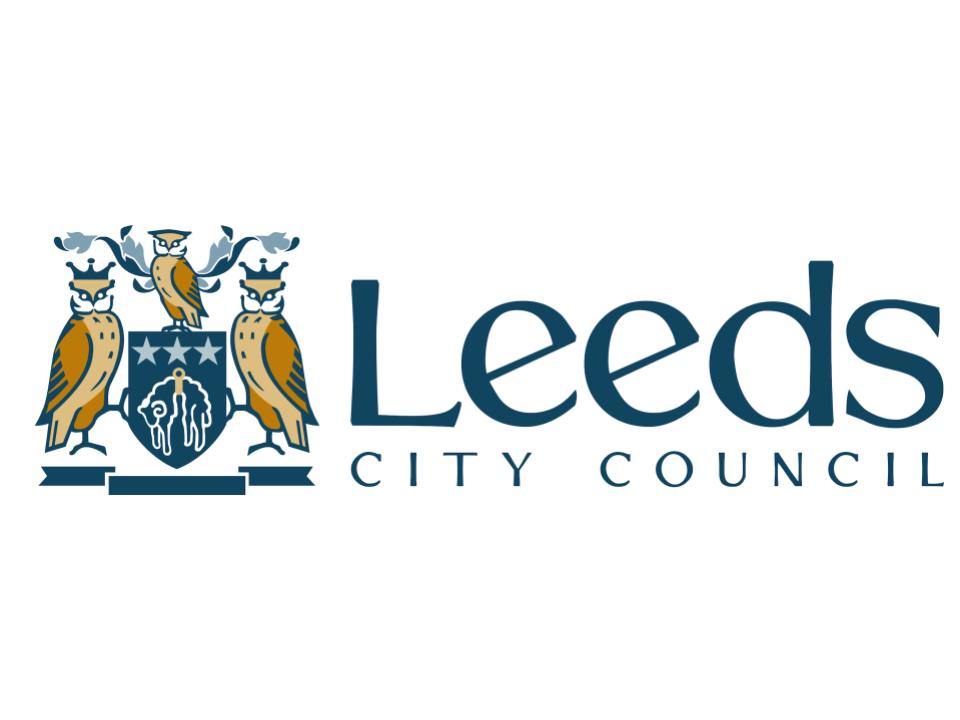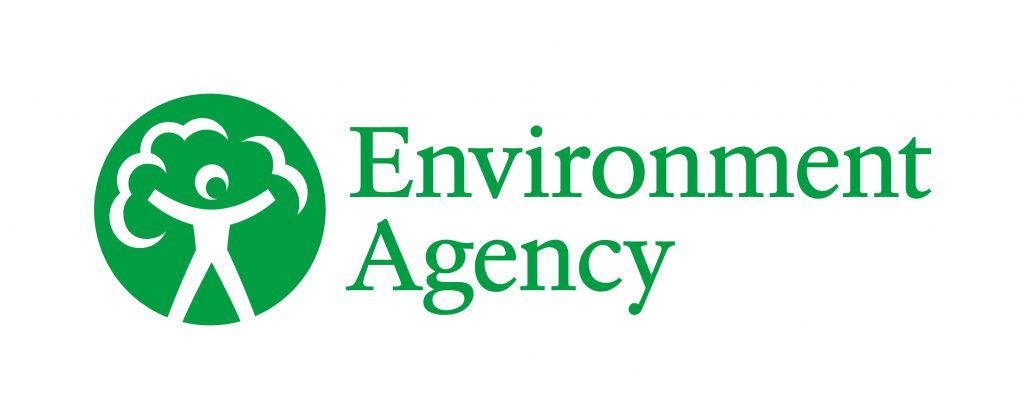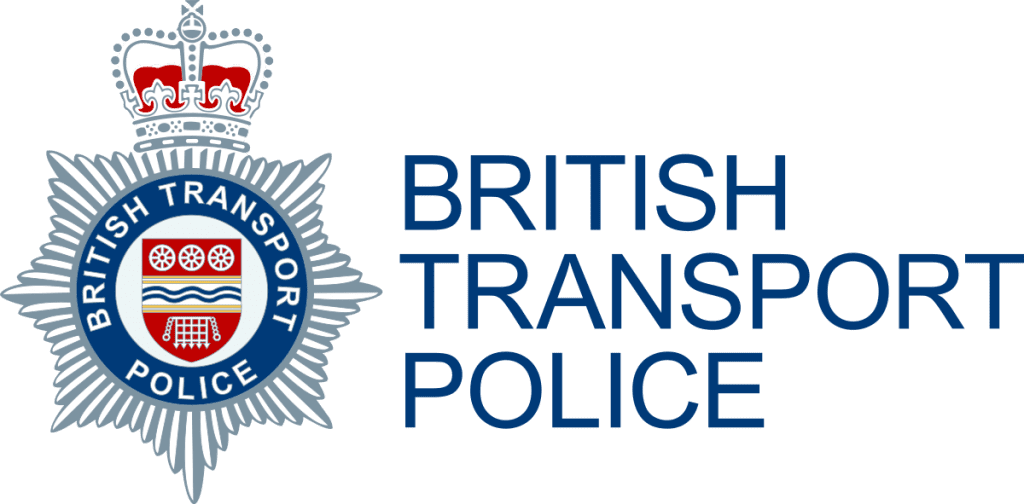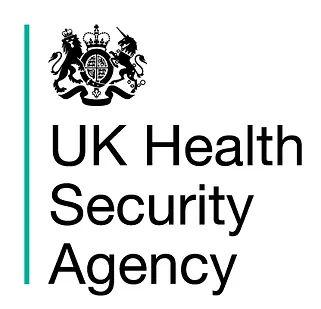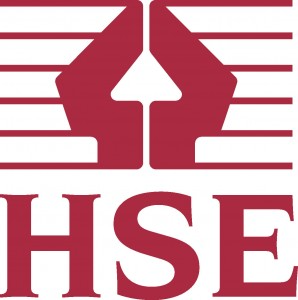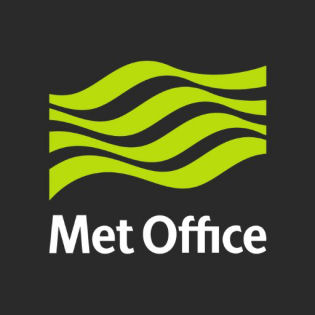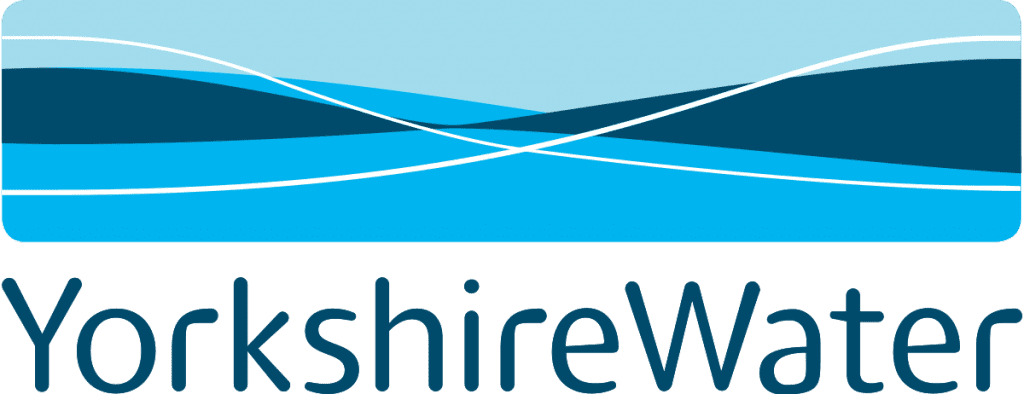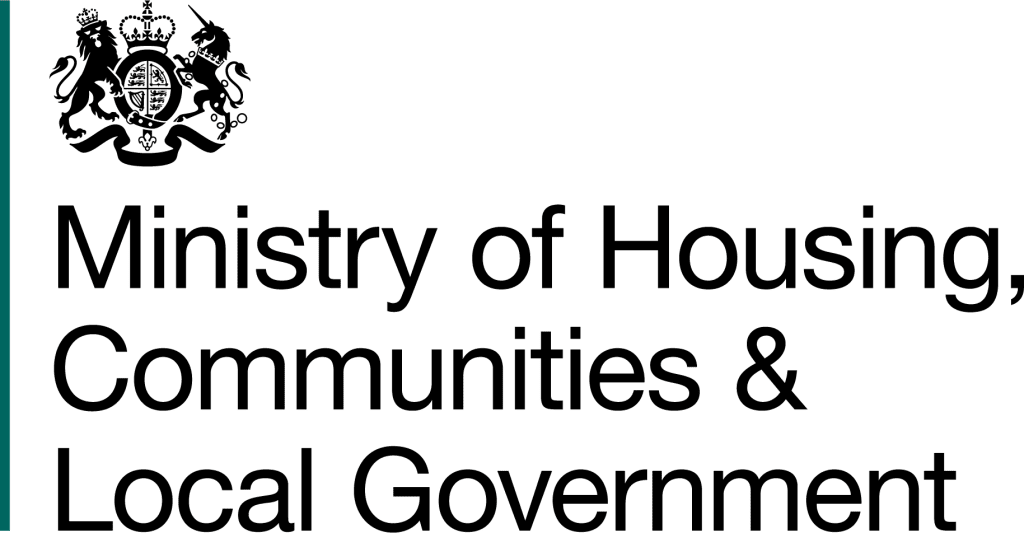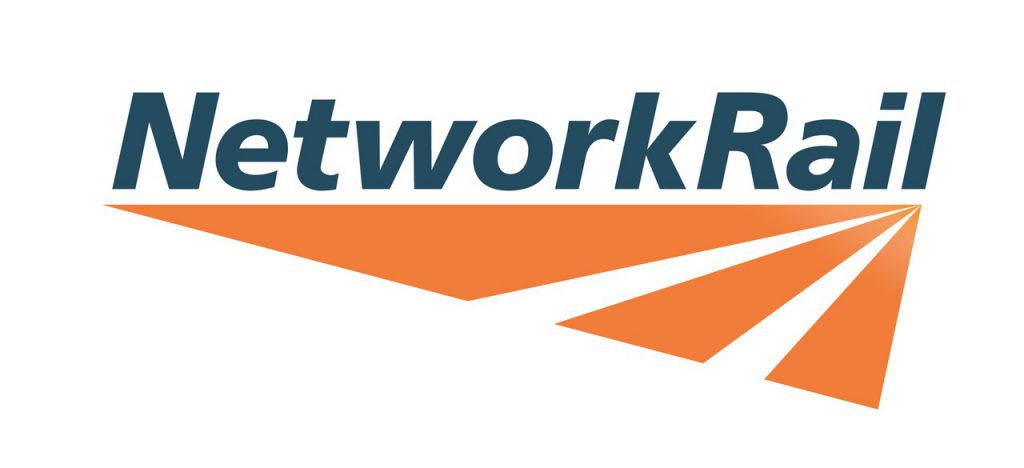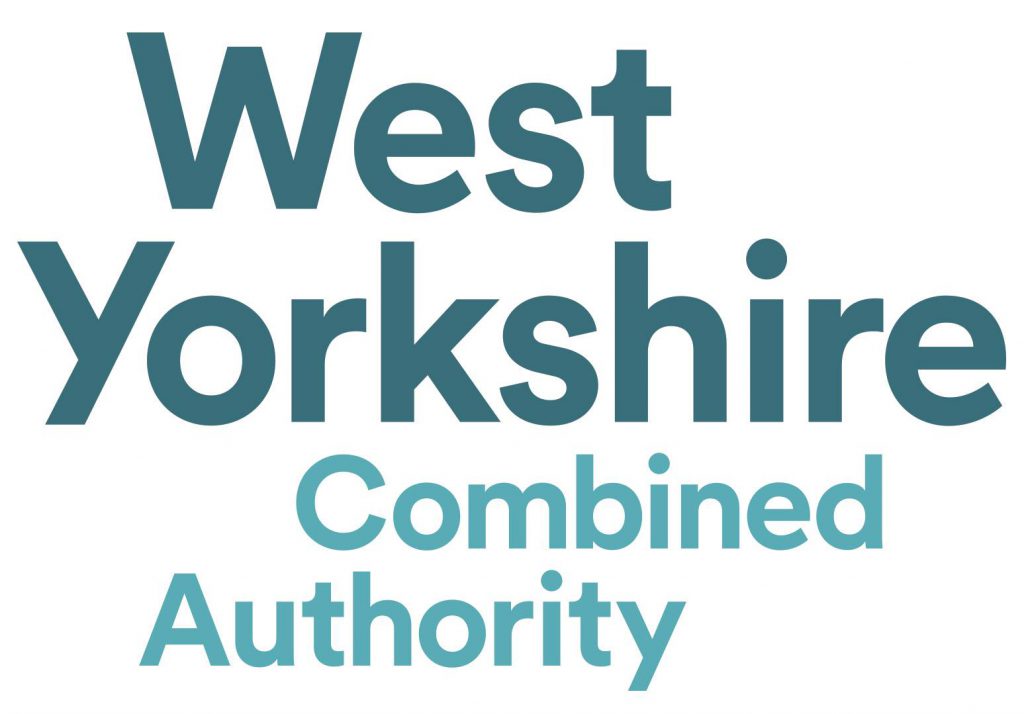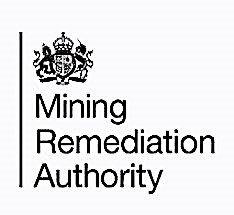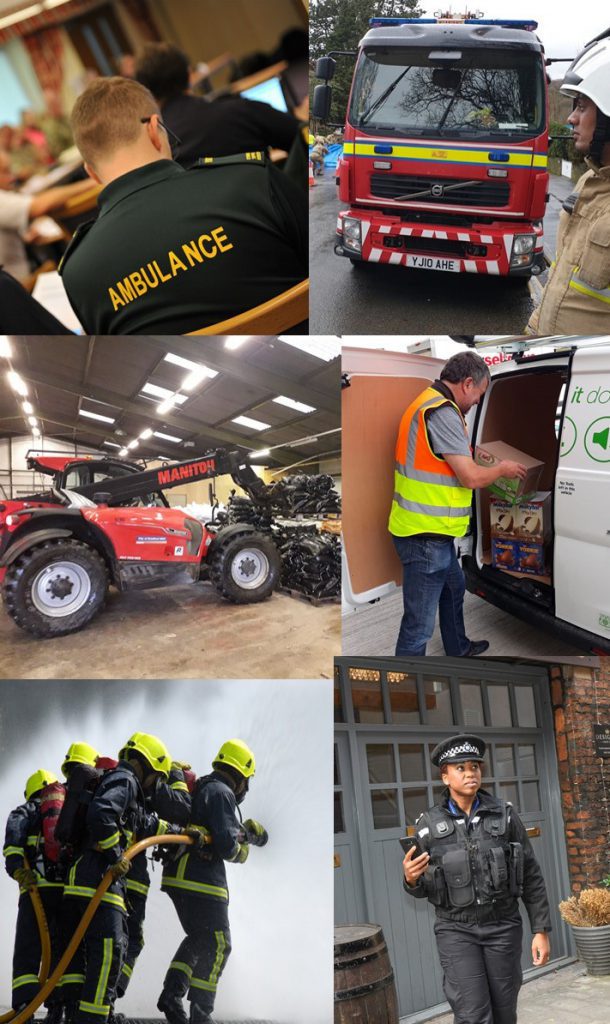
West Yorkshire Prepared is the Local Resilience Forum for West Yorkshire.
Made up of the region’s emergency responders, Local Authorities, health services and other supporting agencies, the organisations in West Yorkshire Prepared work collaboratively to help communities prepare for, respond to and recover from emergencies and major incidents.
As a multi-agency partnership we ensure there is co-ordination, co-operation and efficiency across the region, working together for the benefit of the communities we serve. We:
- Assess the types of hazards that might affect our region
- Put plans in place to address different types of emergencies
- Deliver training and exercises to test the plans
- Ensure staff in all organisations are kept up to date
- Provide advice, information and assistance to the public, business community and voluntary organisations.
Our latest annual report provides a flavour of the types of incidents and exercises we have involvement in.
Who we are
West Yorkshire Prepared is a co-Chaired partnership, jointly led by senior leaders from West Yorkshire Fire and Rescue Service, West Yorkshire Police and one of the Local Authorities.
Dave Walton
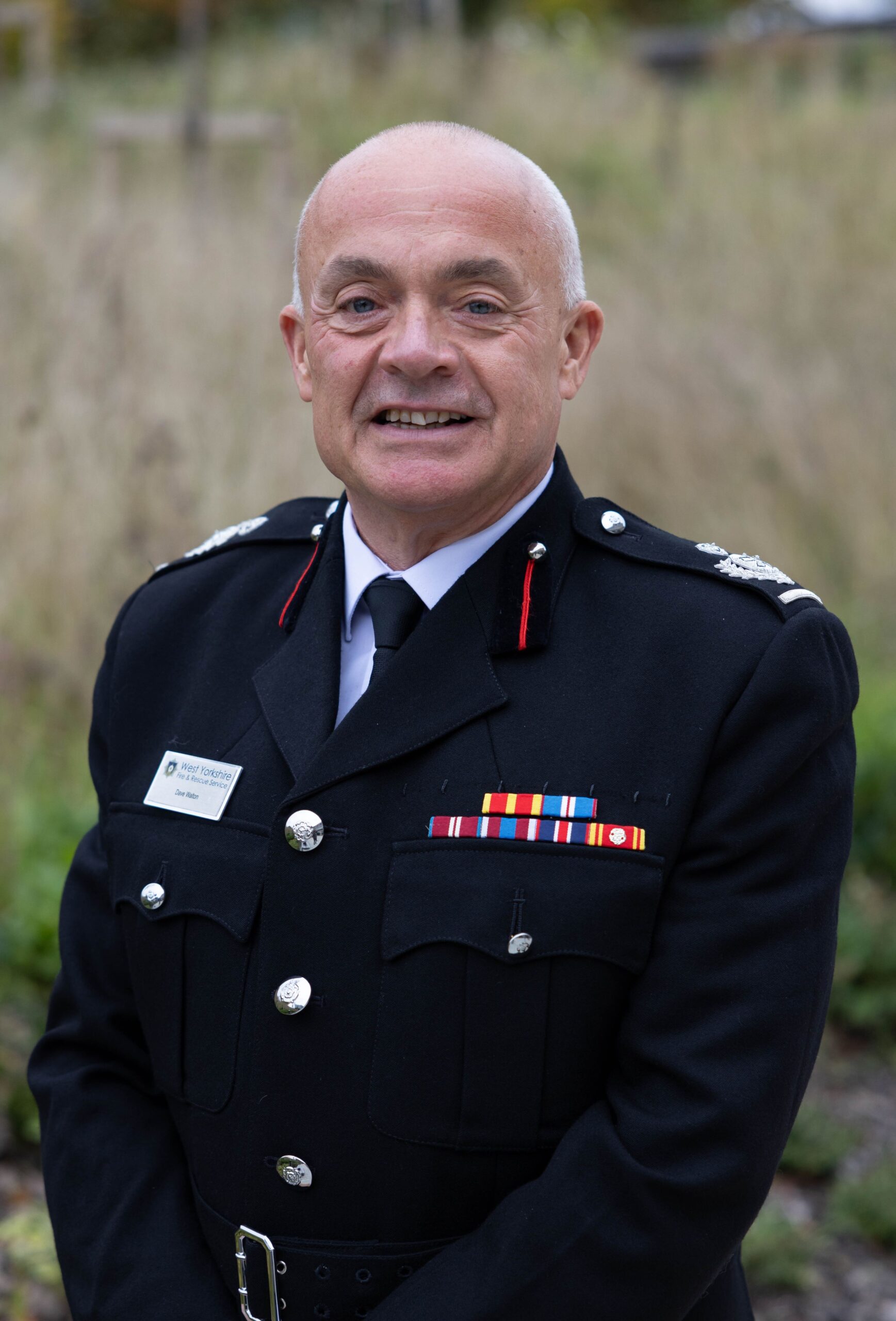
Deputy Chief Fire Officer for West Yorkshire Fire and Rescue Service
Mariana Pexton
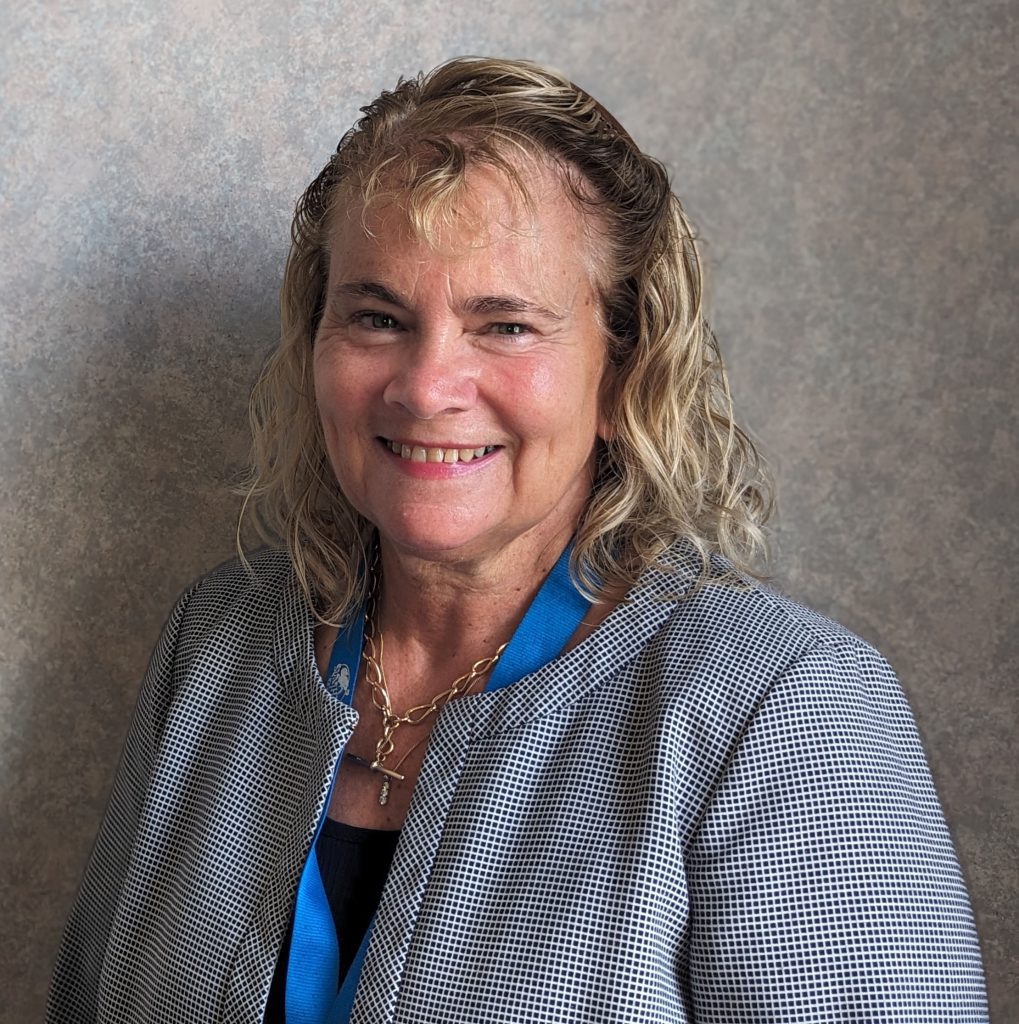
Deputy Chief Executive at Leeds City Council
Rob McCoubrey

Assistant Chief Constable for West Yorkshire Police – Operations
The co-Chairs are supported by a team who help co-ordinate, highlight and deliver the work of the Partnership across West Yorkshire:
Manager: Inspector Leah Bell, West Yorkshire Police
Coordinator: Lyndsey Hartley, West Yorkshire Police
Training support: TBA
Projects & support: Jim Grafton, West Yorkshire Fire Service
Communications: Liz Armitage, West Yorkshire Fire Service
Community Resilience: Mick McGowan, West Yorkshire Fire Service
Our partners
The Partnership is made up of multiple organisations split into two categories:
Category 1 organisations – at the core of the response to most emergencies:
Category 2 organisations – co-operating bodies who, in the event of a major emergency, would support Category 1 organisations as required:
Plus a wide number of voluntary organisations including British Red Cross, Mountain Rescue teams, 4×4 Response, Canal & River Trust, Raynet and REACT.
About Local Resilience Forums
A Local Resilience Forum (LRF) is a multi-agency forum which covers the police areas of the UK and involves key emergency responders and specific supporting agencies. Established under the Civil Contingencies Act (CCA) 2004, which came into effect to ensure the UK is better prepared to cope with potential risks, LRFs require organisations within their region to work together to prepare, respond and recover from different emergencies.
An LRF allows responders access to a forum to consult, collaborate and disclose information with each other to facilitate planning and response to emergencies, and produce a Community Risk Register.
Aims and objectives: The aim of an LRF is to make sure the duties stated in the Civil Contingencies Act 2004 are achieved within a multi-agency environment. These are to:
- Co-operate with other local responders
- Share information with other local responders
- Assess the risk of emergencies in the area
- Put in place business continuity management arrangements.
- Put in place arrangements to warn, inform and advise the public in the event of an emergency.
- Provide advice and assistance to businesses and voluntary organisations about business continuity

